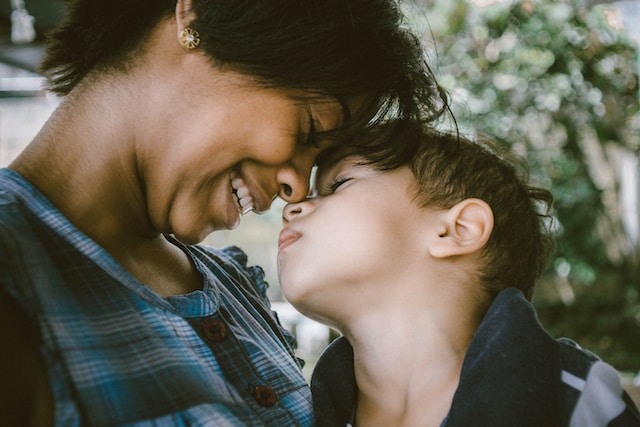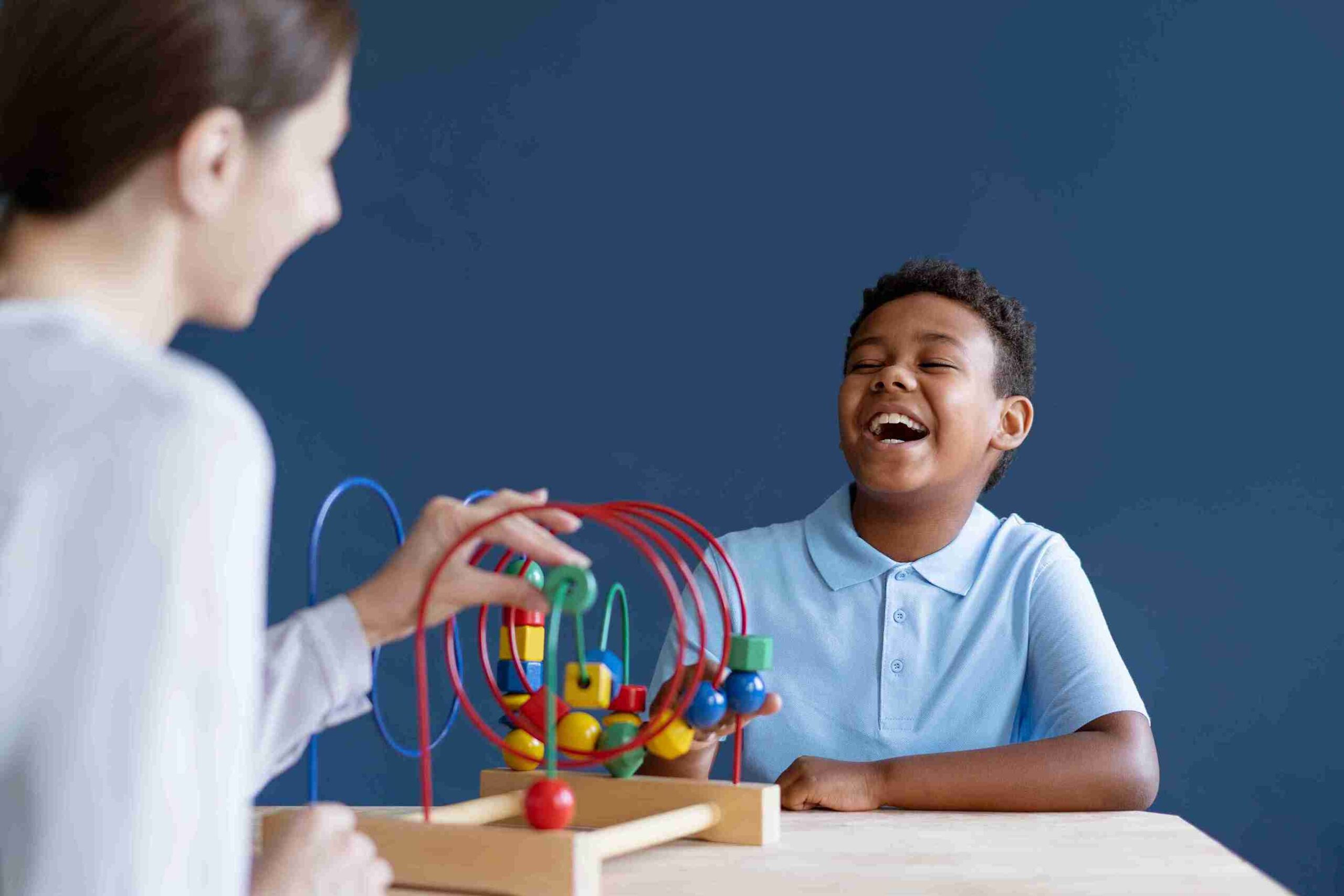Promoting Love and Emotional Well-Being in Your Child: Understanding and Nurturing Emotions

While it’s not possible to directly convert emotions into love, parents can create a loving and nurturing environment that helps children navigate and manage their emotions effectively. By fostering a positive emotional landscape, parents can contribute to their child’s emotional well-being and help them develop strong relationships. In this blog, we will explore practical tips to promote love and emotional well-being in your child, along with research studies that support the importance of positive emotions and emotional management.
Understanding the Significance of Positive Emotions in Children
Research studies have highlighted the importance of positive emotions in children’s development and relationships. Positive emotions, such as love, play a crucial role in promoting trust, empathy, cooperation, and a sense of safety and security. Children who experience positive emotions are more likely to have positive relationships with their parents and peers. These emotions also help children feel safe and secure, which is essential for their overall well-being. Understanding the significance of positive emotions provides a foundation for creating a loving environment for children.
- The Impact of Positive Relationships on Child Development: A study published in the journal Parenting found that children who have a strong relationship with their parents are more likely to be resilient, have better social skills, and do well in school. This highlights the role of positive relationships in promoting emotional well-being and overall development in children.
- Secure Attachment and Relationship Outcomes: Another study, published in the journal Child Development, found that children who have a secure attachment with their parents are more likely to have positive relationships with their peers and romantic partners later in life. This emphasizes the importance of nurturing secure attachments in childhood for fostering healthy relationships in the future.
- Self-Image and Coping with Stress: A third study, published in the journal Attachment & Human Development, found that children who have a strong relationship with their parents are more likely to have a positive self-image and be able to cope with stress effectively. This demonstrates the long-term impact of positive parent-child relationships on children’s emotional well-being.
Practical Tips to Promote Love and Emotional Well-Being
Now that we understand the importance of positive emotions and the role of parent-child relationships, let’s explore some practical tips to promote love and emotional well-being in your child:
- Create a Safe and Loving Environment
Cultivate a home environment where your child feels secure, loved, and accepted. Show them unconditional love and support, emphasizing that you are there for them, no matter what emotions they are experiencing. This helps them develop a sense of trust and safety in their environment.
- Practice Active Listening
Take the time to actively listen to your child when they express their emotions. Show empathy, validate their feelings, and let them know that their emotions are important and understood. Avoid dismissing or belittling their emotions, as this can discourage open communication and emotional expression.
- Teach Emotional Intelligence
Help your child develop emotional intelligence by teaching them to recognize, label, and understand their emotions. Provide age-appropriate language to express feelings and encourage them to communicate their emotions openly. By understanding their emotions, children can better manage them and communicate their needs effectively.
- Foster Emotional Regulation
Teach your child healthy coping strategies to manage their emotions. Encourage them to engage in activities that help them calm down, such as deep breathing exercises, physical activity, journaling, or listening to calming music. Offer guidance and support in finding what works best for them. Emotional regulation skills empower children to navigate challenging emotions with resilience.
- Model Positive Emotional Expression
Be a role model by expressing your own emotions in a healthy and constructive manner. Demonstrate effective ways to manage and communicate emotions, showing them that it’s normal and acceptable to feel and express their feelings. Children learn by observing their parents, so modeling positive emotional expression sets a powerful example.
- Encourage Empathy and Understanding
Teach your child to empathize with others and understand that everyone experiences a range of emotions. Help them see things from others’ perspectives, fostering compassion and kindness. Encourage them to support and comfort others during challenging emotional situations, promoting empathy and understanding.
- Provide Tools for Problem-Solving
Teach your child problem-solving skills to address challenging situations. Encourage them to think through solutions and consider the consequences of their actions. By equipping them with problem-solving skills, you empower them to tackle emotional challenges and find constructive resolutions.
- Nurture Positive Relationships
Encourage your child to develop and maintain positive relationships with peers, siblings, and other family members. Positive social interactions contribute to a sense of belonging, emotional support, and the experience of love. Encourage cooperative play, empathetic communication, and the development of healthy friendships.
- Practice Gratitude and Appreciation
Cultivate a sense of gratitude in your child by encouraging them to recognize and appreciate the positive aspects of their lives. Engage in gratitude exercises, such as sharing daily gratitude reflections or writing thank-you notes. This cultivates a positive mindset and helps children focus on the love and goodness around them.
- Seek Professional Help if Needed
If you notice persistent emotional challenges or significant difficulties in your child’s emotional well-being, consider seeking support from a mental health professional who specializes in working with children. Professional guidance can provide valuable insights and strategies tailored to your child’s specific needs.
Conclusion
While it may not be possible to directly convert emotions into love, parents play a vital role in creating a loving and nurturing environment that supports their child’s emotional well-being. By following the practical tips outlined in this blog and considering the insights from research studies, parents can promote love, emotional intelligence, and resilience in their children. Remember, every child is unique, so adapt these strategies to meet your child’s individual needs. With consistent love, support, and open communication, you can help your child navigate their emotions and build healthy, loving relationships throughout their lives.
Research Studies Supporting the Importance of Positive Emotions and Emotional Management
To further emphasize the importance of positive emotions and emotional management, here are some additional research studies:
“The Importance of Parental Relationships for Child Development” (American Psychological Association): This study emphasizes the crucial role of parental relationships in shaping children’s emotional development and overall well-being.
“The Effects of Parent-Child Relationships on Child Outcomes” (National Scientific Council on the Developing Child): This comprehensive report highlights the impact of positive parent-child relationships on various aspects of child development, including emotional well-being.
“Building Strong Parent-Child Relationships” (Zero to Three): This resource provides practical guidance on fostering strong parent-child relationships, promoting emotional well-being, and creating a supportive home environment.




